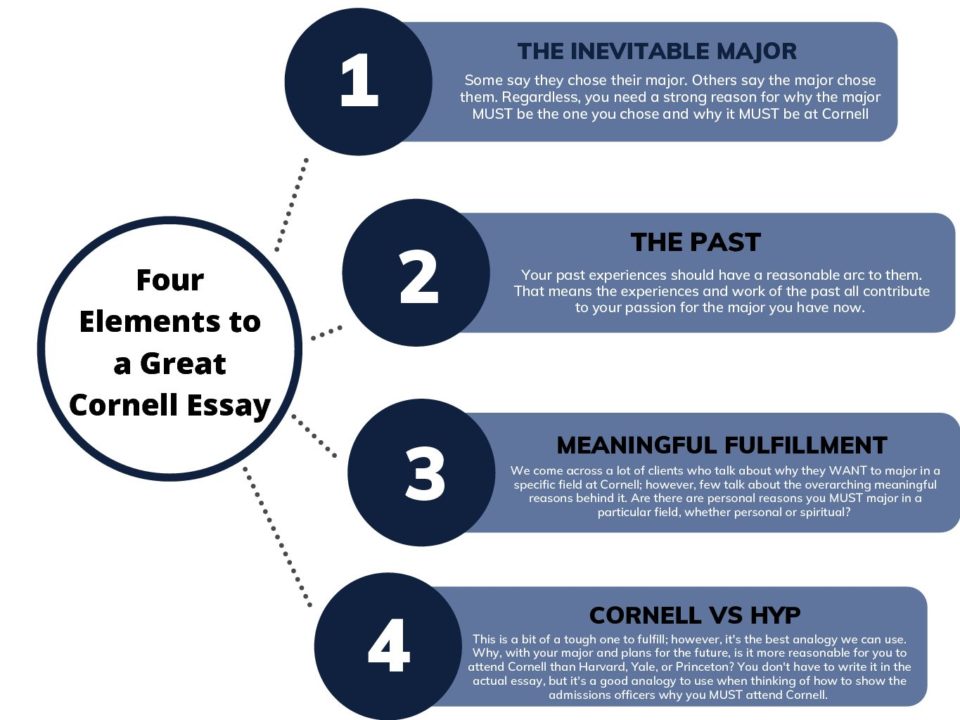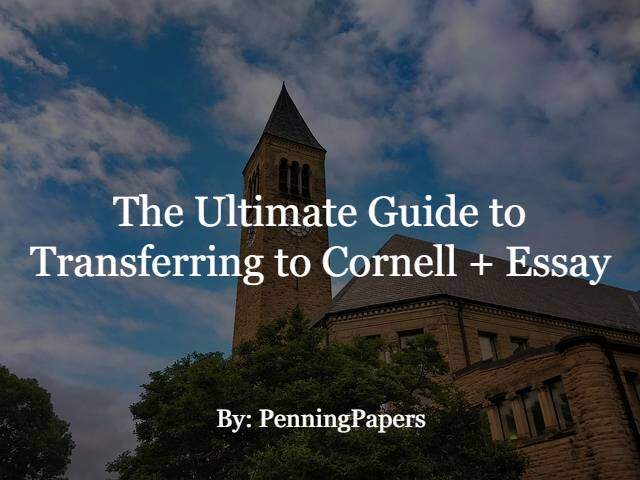Here at PenningPapers, we’ve researched everything you need to know about transferring to Cornell. Cornell is one of the most common requests we get for transfer help; this is especially true since many of our clients want the prestige of an Ivy League university without having to face the difficulty of a single-digit acceptance rate.
There are many misconceptions about transferring to Cornell that we find many college counsellors and consultants don’t talk about. The biggest misconception is perhaps the level of difficulty in getting accepted into Cornell. Before we get to the guide, it’s important that you, dear reader, have a realistic understanding of what transferring to Cornell is like.
It used to be the case that students could get accepted into schools such as Cornell with strong grades, internships, and extracurriculars. Back in the 2012-13 admissions season, the acceptance rate for transfer students to Cornell University was 20.59%. That’s not very much different from the 2020 transfer season which had an acceptance rate of 17.09%, right?
Well, not really. Here’s why.
For universities all across the world, measuring the value of students is becoming infinitely more difficult. This is because there is an inflation of the value of student performance. So, what do we mean by this? Without boring everyone to death, here’s a short summary.
The value of getting an A in a class, a 5 in an AP test, and a leadership position in a club is decreasing over time. This is because public schools and even community colleges across the world are lowering the barrier of entry for high performance. There are many reasons for this, everything from schools artificially generating more “elite” students to even increasing the cost of real estate. Yikes!

So, even if the transfer rate is only slightly decreasing over time, that does not mean you get to slack off. Any acceptance rate below 25% is already challenging; but, it’s even harder to get accepted since most schools don’t know how to discriminate between one student and the other.
Cornell may still be accepting the same or fewer transfer students every year, but the unreliability of grade inflation has made it difficult for students to stand out. This devalues the validity of academic performance and increases the value of strong essays. (Not to say that you can slack off in your grades.) That’s actually why you’ll see students with perfect grades and a seemingly endless list of extracurriculars get rejected from these schools.
This trend is happening at a rate that is faster than most school counselors and consulting firms can actually handle. The idea that good grades and a strong set of extracurriculars could get you accepted is a thing of the past. In a modern era of grade inflation, fake or meaningless clubs, and unfair advantages like cheating through online learning during COVID, good grades alone can’t get you accepted into Cornell. Yet, we’ve spoken to many school counselors and consultants who are still stuck in 2012!
Let’s put this into perspective. Most people are getting consulting and counselling advice for their Cornell applications from outdated wisdom that came from a time when people believed the Mayan calendar would predict the end of the world in 2012. Unfair comparison? Maybe. It’s kind of funny, though!

Okay, so what’s the solution to this problem? It’s clear that transferring to Cornell is going to take more than grades and extracurriculars due to the performance inflation.
Well, there’s the essay.
That’s what this guide will cover more in depth. We’ll cover everything you need to know to write a good Cornell transfer essay that works.
Table of Contents.
Cornell Transfer Essay Prompt
Cornell Transfer Writing Supplement
Tell us what you’d like to major in at Cornell, and why or how your past academic or work experience influenced your decision, and how transferring to Cornell would further your academic interests. Responses should be no longer than 3000 characters.
—Cornell University Official Website
Note that the official website has a bit of different wording from the Common Application essay prompt. While the website says you need to have approximately 650 words total, the Common app asks that your response be no longer than 3000 characters.
As we’ve said in the previous parts, the transfer essay needs to be written well. Transferring to Cornell is harder now than ever before. If you want to have any hope of getting accepted, having a strong essay that not only demonstrates your writing capabilities but also your strengths compared to the rest will help. In other words, you’ll need an essay that can help you stand out amongst the rest.
So, this question asks us essentially “Why Cornell?”
It’s safe to assume that all other students transferring to Cornell have a perfectly good reason for wanting to attend. After all, who is going to apply to a school that doesn’t accommodate for their future major and career path, right? Therefore the main objective of answering this question is to write something that shows your fit is stronger than the rest.
There are four different elements of your essay you will need to achieve this. Let’s get more in depth with them.
How to Write the Cornell Transfer Essay
There are four elements to writing a good Cornell transfer essay that stands out amongst the rest and proves to the admissions officers that you are the best fit. Ideally, you should fulfill all four of these elements if you want to have the bare minimum in your Cornell essay.

We know it’s rather obvious, but you’ll also want strong word choice, clever writing structure, and a compelling narrative voice to make the essay interesting and unique from the application pool.
If everything in the chart plus what we’ve said in the previous paragraph about a strong narrative voice sounds like too much to handle for the average college student, well, yeah… you’re right. It’s not easy to write an essay that stands out from the rest of the crowd. That’s why we recommend speaking with us for free college admissions essay help.
If transferring to Cornell sounds too rough because you can’t write the perfect essay, you’re not alone! You can schedule a free consultation with us, and we’ll help you with setting up an outline as well as provide advising on how to write your essay.

